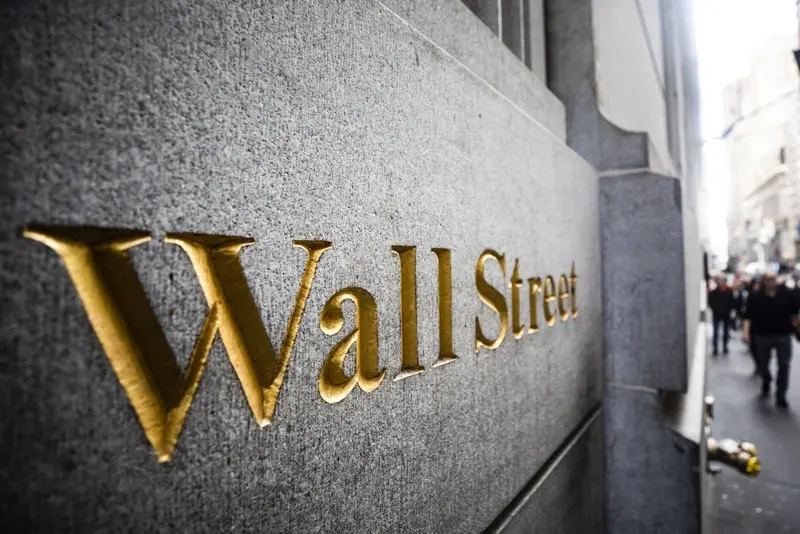
Having rallied immediately after the Federal Reserve’s hawkish turn midweek, forecasting three interest rate rises in 2022, US equities are running out of puff as the trading week draws to a close. The central bank also approved plans to ease its bond-buying programme by March, decreasing the risk of runaway growth in consumer prices.
The S&P 500 closed at its second-highest level on record on Wednesday, 15 December at 4,709.85, but is edging towards a close nearly 1.5% below that level in Friday trading, and the Dow Jones is also on the injury list. It been a tough week for tech stocks but the Nasdaq Composite is at least looking to end the week in better shape.
There is a lot going on under the bonnet of the market, with intensifying stock concentration a prickly issue. Data from Bespoke Investments this week flagged stocks in the Nasdaq Composite are off all-time highs by an average 39% but that masks lot of speculative tech among the 3,600 companies. Even so, if we strip out companies with a market cap of less than $1 billion the average is 28% below their all-time highs. The S&P 500 average is 11%.
You can probably sense that this means the stock market is being propped up by a few really good stocks. Goldman Sachs equity strategist David Kostin says Apple, Microsoft, Nvidia, Tesla and Alphabet account for just over half (51%) of S&P 500 returns since April.
‘Usually what happens in this scenario of declining market breadth is lower returns, bigger drawdowns,’ says Neil Wilson of Markets.com. Worries seem to be escalating that this is masking the real health of US stock markets. Standing on the shoulders of giants is all very well but Wilson wonders if cyclical value come back to do that magic rotation trick to support further gains. ‘It does seem that liquidity is going to get poorer and there are fewer chairs left to sit on when the music stops,’ the analyst says. Rotation will be important.
Stock of the week: Apple
Apple went close to a record $3 trillion market cap this week before succumbing to a sell-off, but it’s still an amazing feat given that it only broke the $1 trillion valuation ceiling three years ago, and $2 trillion in August last year during three teeth of the pandemic.
Analysts calculate that a share price of $182.86 would do it, based on the last known shares outstanding. That’s impressive considering reports at the start of December that the Cupertino giant had told components suppliers that demand for its iPhone 13 line-up has slowed, with Nikkei reporting that Apple even cut back production of iPad tablets to allocate more components to the iPhone 13.
Apple’s stock is up 31.5% in 2021, proving that even the stock market’s most belligerent Cassandra’s can’t keep a good stock down.
Reported this week: Adobe
Shares of graphics software champion Adobe plunged 10% on Thursday and kept on falling after its disappointing first quarter steer for the fiscal 2022 year, despite posting better-than-forecast fourth quarter 2021 revenues.
In the full year to 3 December 2021 Adobe reported total revenue of $15.79 billion, up 23% year-on-year, with adjusted earnings coming in at $12.48 per share, up from $10.10 per share recorded in the prior year. It threw off a record $7.2 billion of operating cash flow. It’s the sort of reaction investors have come to expect for highly-rated stocks that even hint at slowing growth.
Reported this week: Lennar Corp
A company that’s unlikely to be familiar to most UK investors, Florida-based affordable home builder Lennar blew past fourth quarter forecasts aided by a 14% increase in average selling prices, which hit $448,000. New home completions rose 11% to 17,819, while new orders grew 2% to 15,539 homes with a backlog up 26% at 23,771 homes.
Both earnings and revenues swept past Wall Street expectations at $4.36 per share, and $8.4 billion respectively, the latter up 24% year-on-year. Analysts’ had $8.2 billion revenue and $4.15 per share of earnings. That the stock is down 10% on the week is likely down to lack of enthusiasm over 2022 guidance.







